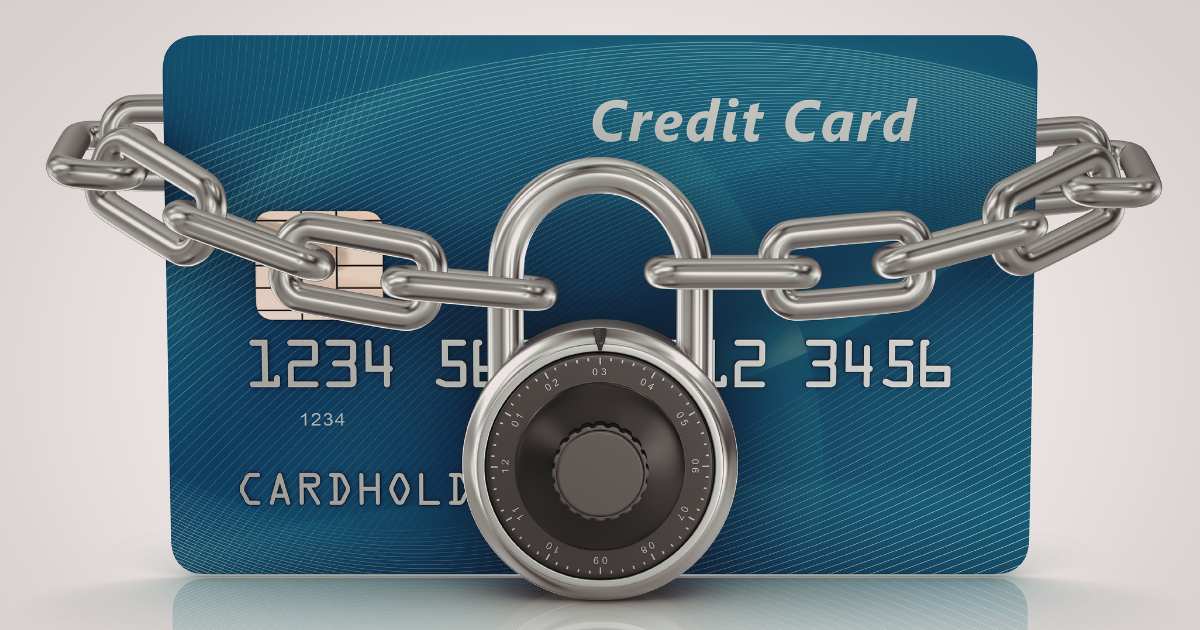
By Viresh Harduth, Vice President: New Customer Acquisition (Small & Medium Business) at Sage Africa & Middle East
Your order book looks healthy, your profit margins are sustainable, and you’re excited about your business plan for the upcoming year. The only problem is that you have a short-term shortfall between the cash coming into your bank account each month and the amount you need to pay to suppliers and service providers.
This is a familiar situation for many SMEs in South Africa – but it is one that business managers and owners can control by changing the way they handle their finances.
If your resolution for the New Year is to improve your business’s cash flow, here are a few suggestions about how you can boost your bank balance:
1. Reward prompt payment, chase outstanding debts
You should have a credit control process that focuses on ensuring your debtors pay on time. Send invoices to customers promptly, and chase overdue bills. Be clear about your payment terms.
Incentivise clients to pay on time with discounts for early settlement and penalties for late payment. There are many affordable solutions you can use to automatically reconcile payments received, track outstanding payments, and generate and send invoices.
2. Introduce subscription sales
Do you sell a service or product people buy and use several times a year? You might be able to sell it as a monthly subscription – for example, rather than charging customers each time they need a pool or garden service, you could put them on a monthly contract. They benefit from predictable costs, and you get cash flow each month while securing their business for the year.
3. Ask for deposits for big jobs
Many small ad agencies know the feeling of waiting for a corporate client to pay after they have dedicated most of their creative team’s hours for the month to a big job and settled the bills for media placements. Likewise, someone making custom furniture is spending time and materials on each order. As a small business, it’s reasonable to ask for a 50% deposit or even upfront payment for big jobs that could hurt your cash flow.
4. Speed up delivery
If you get paid cash-on-delivery, look at ways to speed up production and delivery. For example, a new courier company might be able to ship your goods faster than your existing one.
5. Consider invoice factoring
Invoice factoring supports the cash flow of smaller businesses that struggle to offer their customers credit terms of 30 days and more. It’s basically a form of credit where a third-party financing company pays you an advance based on agreed percentage of each invoice you issue. As you receive the money, you pay back the advance as well as a modest fee.
6. Cut costs
Always be looking for opportunities to reduce wastage and inefficiency – whether that means moving out of the plush offices or cutting back printing costs. A good accounting system can help you better understand your expenses so that you can find ways to cut costs.
7. Keep an eye on your numbers
Using technology to get insight into exactly what is coming into and what is leaving your business account will help to identify where you can streamline operations and save money. Conduct a break-even analysis – a calculation of the sales targets you would need to meet to cover fixed and variable costs – and identify areas where you can cut costs. A good idea is to look for an accounting solution that includes robust reporting, budgeting and forecasting tools to make this simple.
8. Sell outdated inventory and old equipment
Rather than allowing old inventory or obsolete machines, PCs and office equipment to clutter your warehouses and offices while depreciating in value, sell them off. Remember that selling inventory below cost may produce a tax loss, in addition to giving you a cash injection. Selling old equipment may produce a capital gain, especially if it’s fully depreciated.
9. Defer payments to vendors
Unless you’re getting a discount or incentive for early payment, delay settling your bills until they are due under your vendor’s terms of payment. If your credit terms are 60 days, rather keep the money in an interest-bearing account than pay early. Don’t be late with payments either. This may harm your relationships with vendors to the extent they will no longer give you credit. You may also be asked to pay interest.
10. Evaluate your contracts with suppliers and service providers
As a business builder, if you’re in a long-term partnership with a vendor, take the opportunity to re-negotiate payment terms or discounts when contracts come up for renewal. Also, go through the contract to be sure you’re not paying for any services or extras you don’t need.





